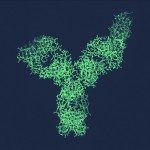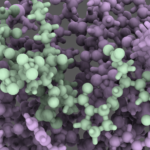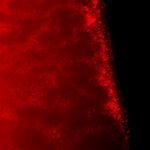Link to Pubmed [PMID] – 27034268
Sci Rep 2016 Apr;6:23815
Protein-protein interactions (PPIs) play vital roles in life and provide new opportunities for therapeutic interventions. In this large data analysis, 3,300 inhibitors of PPIs (iPPIs) were compared to 17 reference datasets of collectively ~566,000 compounds (including natural compounds, existing drugs, active compounds on conventional targets, etc.) using a chemoinformatics approach. Using this procedure, we showed that comparable classes of PPI targets can be formed using either the similarity of their ligands or the shared properties of their binding cavities, constituting a proof-of-concept that not only can binding pockets be used to group PPI targets, but that these pockets certainly condition the properties of their corresponding ligands. These results demonstrate that matching regions in both chemical space and target space can be found. Such identified classes of targets could lead to the design of PPI-class-specific chemical libraries and therefore facilitate the development of iPPIs to the stage of drug candidates.




